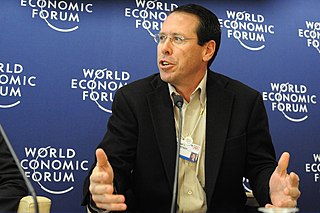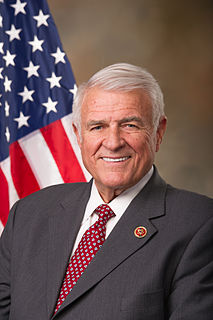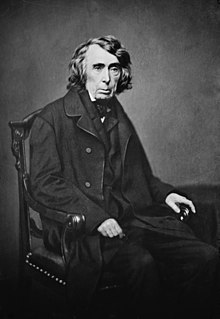A Quote by James F. Cooper
Much was said and written, at the time, concerning the policy of adding the vast regions of Louisiana, to the already immense, and but half-tenanted territories of the United-States.
Related Quotes
The vast Pacific Ocean has ample space for China and the United States. We welcome a constructive role by the United States in promoting peace, stability and prosperity in the region. We also hope that the United States will fully respect and accommodate the major interests and legitimate concerns of Asia-Pacific countries.
What's going to be hard for the United States is that our policy for a long time has been a two-state solution; the Palestinians should have their own state. Now, the Palestinians are going to the U.N. and saying, 'We're having the U.N. vote to say we have our own state. Well, if that's your policy, United States of America, why are you vetoing it?' Which we will do.
In the United States, one of the main topics of academic political science is the study of attitudes and policy and their correlation. The study of attitudes is reasonably easy in the United States: heavily-polled society, pretty serious and accurate polls, and policy you can see, and you can compare them.
Foreign policy always has more force and punch when the nation speaks with one voice. To remain secure, prosperous, and free, the United States must continue to lead. That leadership requires a president and Congress working together to fashion a foreign policy with broad, bipartisan support. A foreign policy of unity is essential if the United States is to promote its values and interests effectively and help to build a safer, freer, and more prosperous world.
Of all the differences between the Old World and the New, this is perhaps the most salient. Half the wars of Europe, half the internal troubles that have vexed European States... have arisen from theological differences or from the rival claims of Church and State. This whole vast chapter of debate and strife has remained virtually unopened in the United States. There is no Established Church. All religious bodies are equal before the law, and unrecognized by the law, except as voluntary associations of private citizens.






































